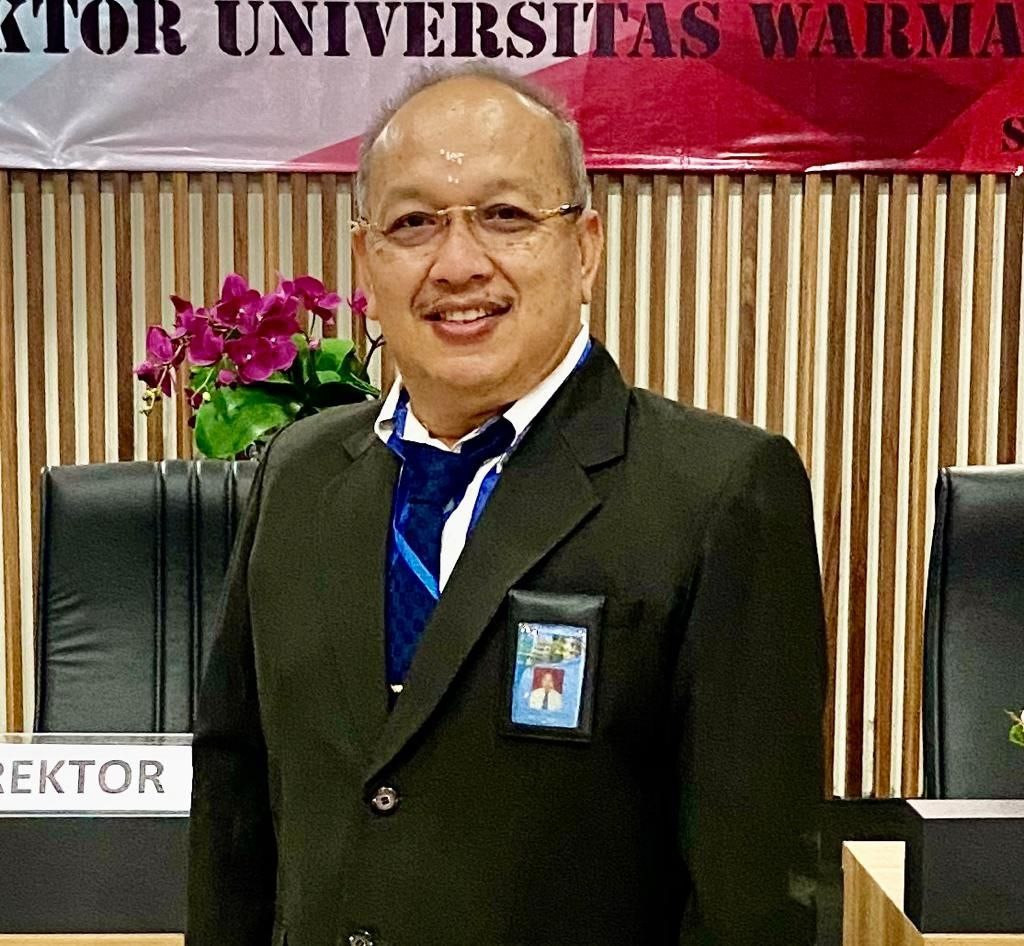Popular Reads
Top Results
Can't find what you're looking for?
View all search resultsPopular Reads
Top Results
Can't find what you're looking for?
View all search resultsWorkers are ready for tourism revival
The role of the workforce is very important and strategic to various aspects of national development.
Change text size
Gift Premium Articles
to Anyone
By I Wayan Rideng
The role of the workforce is very important and strategic to various aspects of national development. This is stipulated in Article 27, paragraph (2) of the 1945 Constitution of the Republic, which states: in 1945 Constitution, which states: "Every citizen shall have the right to work and to earn a decent livelihood."
In life, having a job is very important because it provides a source of income so an individual can meet their and their family’s needs to live. In this regard, the right to work is a universal human right that must be respected and cannot be denied.
Development as regards employment is regulated in Law No. 13/2003 on manpower. The Manpower Law states that labor is an integral part of national development, as per the state ideology of Pancasila and the 1945 Constitution, implemented in the context of complete human development and the development of Indonesian society as a whole in order to elevate the dignity, dignity and self-esteem of the workforce and create a society that is prosperous, just and equitable, both materially and spiritually.
Talking about employment, this also relates to development of the tourism sector. Tourism needs to be supported by facilities directly related to tourism activities, such as hotels, restaurants, cafes, transportation, gift shops and culinary centers. These facilities provide opportunities to create jobs that can contribute to public welfare.
The conditions are very competitive for every activity, especially in the tourism services sector. To adapt to the market demand, it is therefore necessary to improve various services so tourists feel safe and comfortable.
Labor discussions are closely related to the principle of justice and even human rights. As Thomas Aquinas stated, respect for a person is realized when what is shared or given to them is relative to what they deserve (praeter proportion dagnitis ipsius). Recognition of a person must be directed to recognizing equity, and then services and awards can be distributed proportionally.
In modern ethical theory, the enforcement of justice is generally distributive justice that emphasizes two principles, namely the formal principle and material principle. In connection with this, workers should certainly receive protection in their contracts and work agreements.
After the COVID-19 pandemic hit the world, this started to shift. Data for 2019 from the Tourism and Creative Economy Ministry show that 14.96 percent of the workforce was employed in tourism and creative economy. At the peak of COVID-19 transmissions in 2020, 62 million people had been laid off in the tourism and creative industries, contributing to very large rise in the unemployment rate, and in turn contributing to unemployment growth in the Asia-Pacific.
The Asia-Pacific region is home to 1.3 billion out of 2 billion workers globally. The imposition of reduced operating hours caused a cut in employees’ working hours and job loss. In fact, throughout 2020, the International Labour Organization (ILO) estimated that 7.9 percent of working hours were lost in the Asia-Pacific, which impacted Indonesian workers, including workers in Bali.
The island of Bali, a domestic and foreign tourist destination whose economy relies highly on tourism, the COVID-19 pandemic severely hit the labor sector. Bali’s manpower agency and mineral resources agency noted that 79,100 workers were temporarily laid off, while 3,300 workers were permanently laid off. The Central Statistics Agency (BPS) recorded that Bali's unemployment rate reached 5.6 percent in 2020.
This situation caused the Balinese economy to contract sharply. Moreover, the COVID-19 pandemic lasted quite a long period of almost 2.5 years, so it will take a long time for the economy to recover to its pre-pandemic level.
The slowdown in COVID-19 cases has been marked by the revocation and relaxation of the four-tier public activity restrictions (PPKM) in several regions. This has given hope for national economic recovery.
The government has issued various policies through several regulations to accelerate economic recovery, starting with policies to make it easier for tourists to come to Indonesia, including Bali. This will help revive the tourism services sector, particularly hotels, restaurants, transportation and micro, small and medium enterprises (MSMEs).
The revival of the tourist industry has been indicated by public trust through an increase in activities. MSMEs near tourist spots have started to reopen.
The current labor policy focuses on supporting employers and employees by creating jobs through reopening businesses, such as hotels, restaurants and other service sectors related to tourism. These measures also include financial support from financial institutions and the government for businesses, households and workers affected by the pandemic.
The government also launched programs to help workers who had lost their jobs so they can start their own business or job seekers by providing training, as well as to provide jobs in an emergency. This will help revive workers’ confidence and independence in continuing their lives.
In turn, this condition will slowly reduce the government's burden in relation to the national budget allocated specifically to recover the economy from the COVID-19 pandemic. This emerging opportunity shines a light for workers to seek better lives.
The writer is secretary of the postgraduate law studies program at Warmadewa University.










